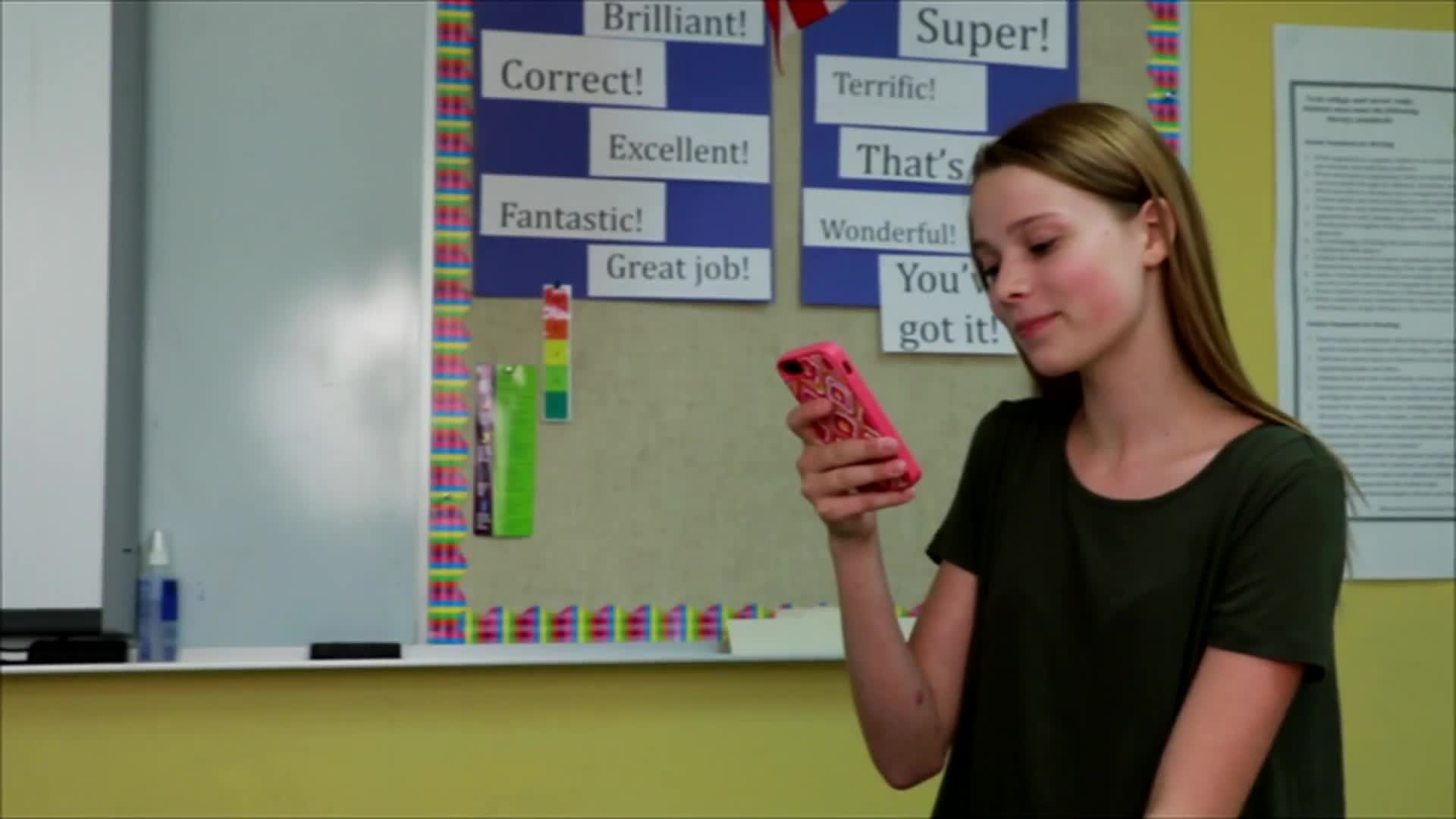
As educators, we understand the importance of teaching students how to express their feelings and use positive self-talk, especially in special education settings. This blog post will discuss an activity that can help students practice these skills, provide discussion questions to further engage them, and suggest related skills that can be developed.
Introduction
It is essential for students to learn how to express their feelings when they are upset or uncomfortable. By doing so, they can build stronger relationships with their friends and peers, and prevent misunderstandings. Positive self-talk, on the other hand, helps students build confidence and overcome nervousness when facing challenging situations. Together, these skills form a crucial part of social-emotional learning and contribute to students’ overall well-being.
No-Prep Activity
This activity, called “Expressing Feelings and Positive Self-Talk Role Play,” requires no preparation or materials. It can be easily incorporated into your classroom routine. Here’s how it works:
- Divide the students into pairs.
- Explain the scenario to the class: One student will play the role of a friend who unintentionally does something that upsets the other student. The other student must express their feelings and use positive self-talk to overcome their nervousness.
- Give the students a few minutes to discuss and plan their role play.
- Have each pair perform their role play in front of the class. Encourage the audience to pay close attention to how the student expresses their feelings and uses positive self-talk.
- After each role play, discuss with the class what the student did well and what could be improved. This will help reinforce the skills being taught.
Discussion Questions
After completing the activity, engage your students in a conversation with these discussion questions:
- Why is it important to express our feelings when we are upset or uncomfortable?
- How can positive self-talk help us overcome nervousness when facing difficult situations?
- What are some examples of positive self-talk phrases that you can use in your daily life?
- How do you think expressing your feelings and using positive self-talk can improve your relationships with others?
- Can you think of a time when you didn’t express your feelings, and it led to a misunderstanding? How could you have handled the situation differently?
Related Skills
In addition to expressing feelings and using positive self-talk, there are other related skills that can be beneficial for students in special education settings. These include:
- Active listening: This skill helps students pay close attention to what others are saying, which is essential for understanding their feelings and responding appropriately.
- Empathy: Being able to put oneself in another person’s shoes and understand their feelings can help students respond more effectively in social situations.
- Assertiveness: Teaching students to stand up for themselves in a respectful and non-aggressive way can help them express their feelings and needs more effectively.
- Conflict resolution: Learning how to resolve conflicts in a healthy and constructive manner can help students maintain positive relationships with their peers.
Next Steps
Now that you have learned about the importance of teaching students to express their feelings and use positive self-talk, we encourage you to explore more resources to support social-emotional learning in your classroom. Sign up for free sample materials to access a variety of activities and resources designed to help students develop these essential skills.

